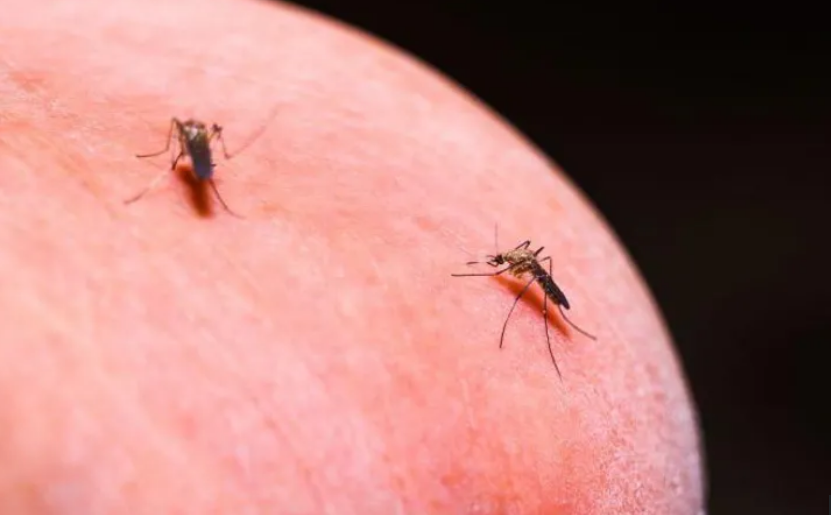In a breakthrough that could transform the global fight against malaria, researchers at Harvard University are proposing a radical new approach: curing mosquitoes of malaria instead of killing them.
Traditionally, malaria control has relied heavily on the use of insecticide-treated bed nets to kill mosquitoes that transmit the parasite when they bite humans at night. However, rising resistance to insecticides has weakened the effectiveness of this strategy in many malaria-endemic regions.
Now, a team led by Dr. Alexandra Probst at Harvard has identified two potent drugs that can eliminate the malaria parasite inside mosquitoes, rendering them incapable of spreading the disease. The findings, published in the journal Nature, mark the first time researchers have successfully targeted malaria parasites inside the mosquito, rather than trying to exterminate the insects themselves.
“We haven’t really tried to directly kill parasites in the mosquito before this, because we were just killing the mosquito,” said Dr. Probst. “But that approach is no longer cutting it.”
The researchers screened a library of drug compounds, eventually identifying 22 potential candidates. These were tested on mosquitoes that had fed on malaria-infected blood. Two of the compounds stood out, killing 100% of the parasites within the insects.
To deliver the drugs, the team tested materials similar to standard bed nets. The concept is simple: when mosquitoes land on the net, they absorb the drugs through their legs. Even if they survive contact with the net, they will no longer be infectious.
“This is a really exciting approach because it’s a totally new way of targeting mosquitoes,” said Dr. Probst. “And since there are only a few parasites in each mosquito compared to billions in an infected person, resistance is far less likely to develop.”
The drug-coated nets retain their effectiveness for up to a year, making them potentially more durable and cost-effective than current insecticide-only models.
Laboratory tests have been promising, and a field trial is already planned in Ethiopia to evaluate real-world effectiveness. However, researchers caution that it will take at least six years to complete all necessary studies and determine whether the method can be rolled out widely.
The ultimate goal is to create dual-action bed nets treated with both insecticides and anti-malarial drugs — ensuring protection even if one method fails. With malaria still killing nearly 600,000 people annually, most of them children, experts say the innovation could become a vital tool in global eradication efforts.


